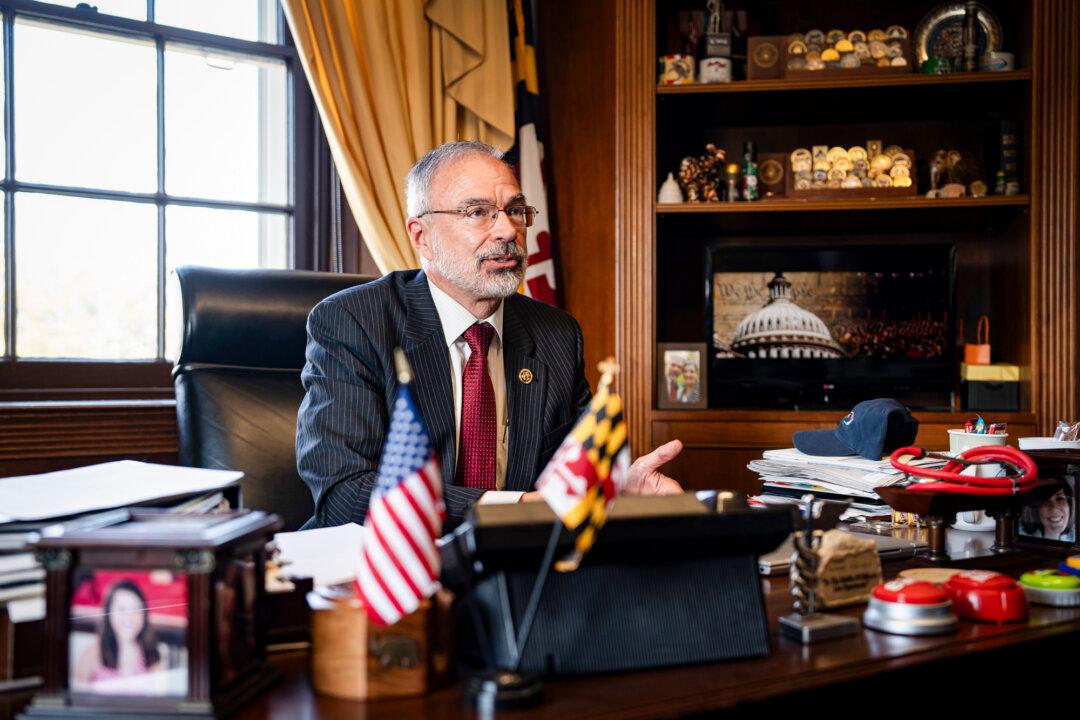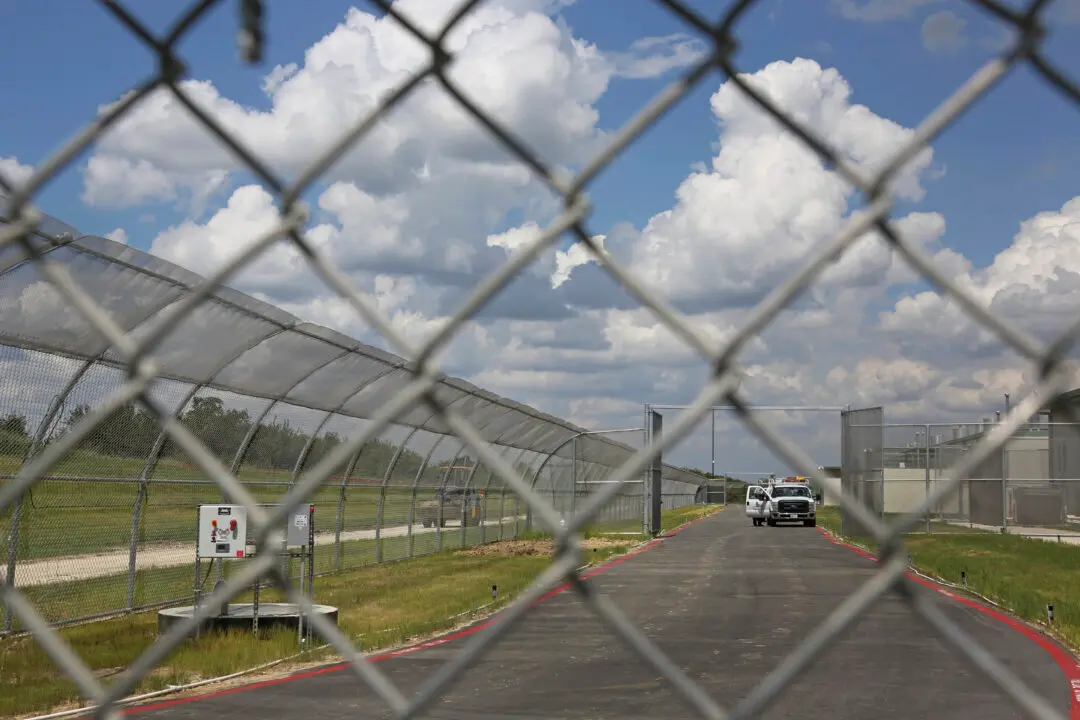The House Freedom Caucus released a budget resolution on Feb. 10 that would allocate hundreds of billions of dollars toward spending on defense and the border in addition to raising the debt ceiling.
The 45-page legislative text mirrors the first part of the conservative caucus’s proposal released last month that calls for a two-step reconciliation approach in passing President Donald Trump’s legislative agenda.





